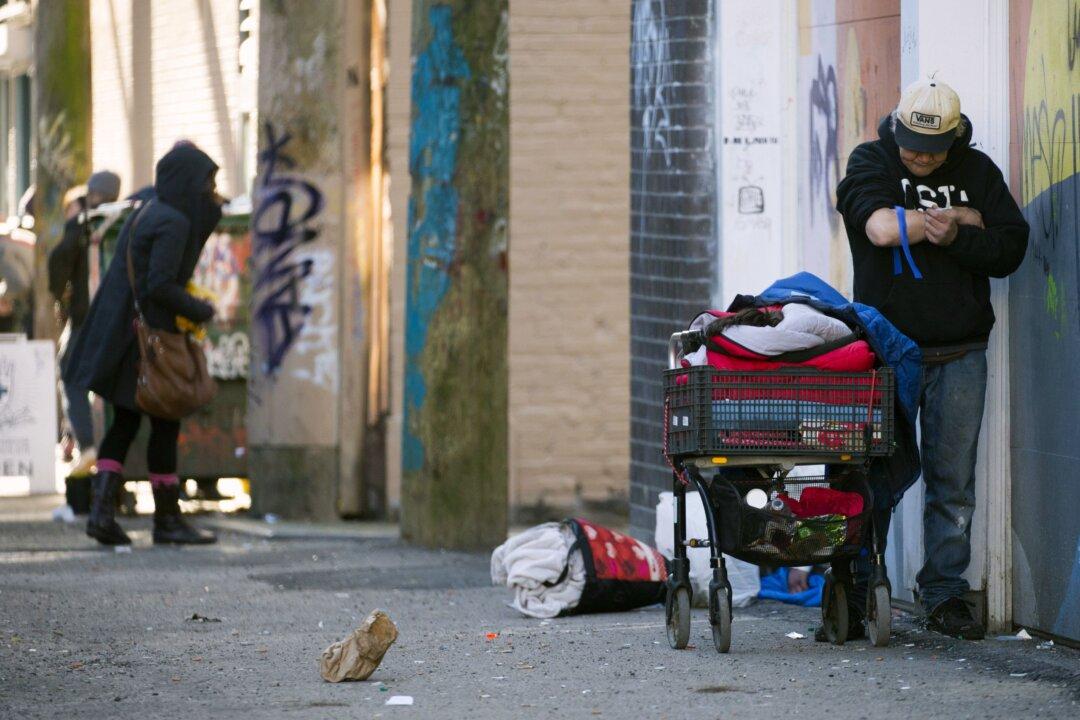A Conservative MLA in British Columbia is questioning why patients are allowed to smoke meth in provincial hospitals while nurses who decline the COVID-19 vaccine are fired.
Bruce Banman made the comments in an April 4 video posted on X by Conservative Party of B.C. candidate Damon Scrase.





